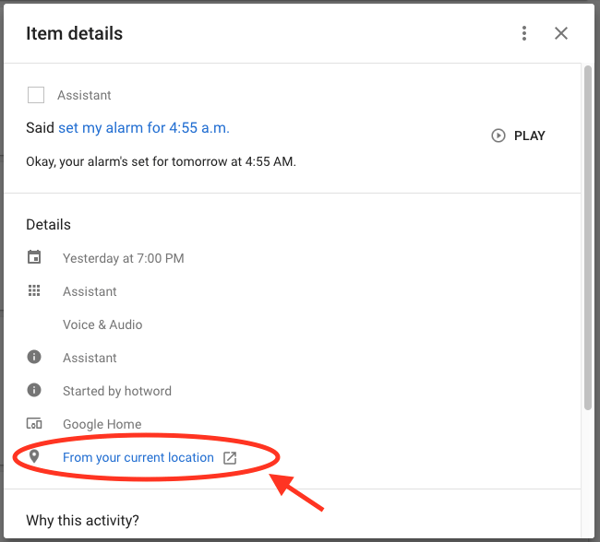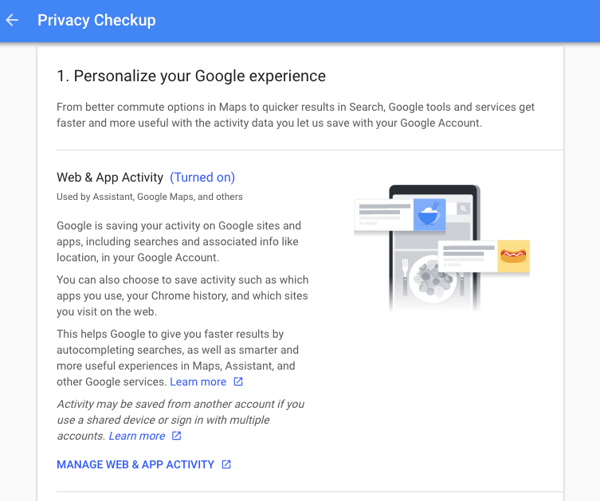Google CEO Sundar Pichai today appeared before members of the U.S. House of Representatives Judiciary Committee, in a hearing titled "Transparency & Accountability: Examining Google and its Data Collection, Use and Filtering Practices."
Some topics dominated lawmakers' questions for Pichai more than others, with some viewers experiencing a sense of déjà vu and seeing some parallels April's hearings with Facebook CEO Mark Zuckerberg.
In both hearings, the subject of how likely users are to truly understand terms of service or privacy policies -- or whether or not they would even read them -- arose. In both hearings, there were allegations of bias in the way each company handles content. And in both those hearings, many observers called into question whether or not those conducting the hearings were prepared with the best questions to ask.
Here are four key themes from today's hearing.
1. Dragonfly
In August, The Intercept reported on plans within Google to launch a controversial new search engine in China: an internal project that was codenamed Dragonfly.
The reason for the secrecy and controversy around the project was likely due to the fact that this search engine would be censored, so as to align with policies in China to block websites and search queries pertaining to topics like democracy, human rights, and protest.
Questions about Dragonfly were asked by several members of the committee today, with Pichai reiterating the same answer every time: that Google has no search engine product, and has no plans to launch in China ... "right now."
Every time Pichai answered a question regarding Dragonfly, it seemed, he was sure to use the words "right now," perhaps implying that the company could have future plans to build a search engine product in China -- although the company did at one time have over 100 people working on one.
Google had 100+ people working on its controversial Chinese search product, CEO Sundar Pichai revealed. More from @ashleyrgold on @POLITICOPro: https://t.co/Ow7wZ3MNi9
— Cristiano Lima (@viaCristiano) December 11, 2018
Issie Lapowsky of Wired transcribed one particular exchange on Dragonfly between Pichai and Representative David Cicilline, highlighting the definitive language used by the former to describe Google's potential plans to launch a search engine product in China.
I transcribed this whole exchange between Rep. Cicilline and Sundar Pichai on China, because Pichai's evasive responses are so, so telling. #googlehearing pic.twitter.com/CAhP27i9kP
— issie lapowsky (@issielapowsky) December 11, 2018
2. Alleged Bias in Search Results
As was the case with many of the year's hearings with tech executives, several lawmakers today asked questions and made accusations of Google's "anti-conservative bias." At times, certain representatives alleged that because employees within the company might have left-leaning political views, that it would motivate them to tamper with search results to suppress content from conservative outlets.
While you were watching the Google hearing, @sarafischer was digging into the evidence of bias cited by conservative members. An important read: "Republican lawmakers cited less-than-authoritative sources to back their charges of political bias by Google."https://t.co/2DIMN879Hn
— David McCabe (@dmccabe) December 11, 2018
At the same time, other lawmakers from the opposite side of the aisle made reverse accusations of Google, such as Representative Steve Cohen, who pointed to a search for his name yielding results mostly from known conservative outlets.
At times, accusations from right-leaning lawmakers alleged that search results for their names or legislation yielded nothing but negative coverage, sometimes labeling critical news reports of these topics as "attacks" on or "trashing" of their politics.
Pichai repeatedly denied that Google's search algorithm is programmed to lean in one political direction or another -- with many journalists pointed out throughout the hearing that this algorithm is designed to prioritize quality content from reliable sources.
Representative Ted Lieu was arguably the most vocal with his take on the questions regarding Google's alleged "anti-conservative bias," calling it a "waste of time" and remarking, "If you want positive search results, do positive things."
3. Content Moderation
While the topic wasn't as front-and-center as others, Google's approach to content moderation was on the minds of some representatives at today's hearing.
Many asked about the company's approach to curbing the spread of both misinformation and violence-inciting content on its platform, often with an emphasis on conspiracy video channels and content creators on YouTube (which is owned by Google).
Pichai noted that "it's our [Google's] responsibility" to control and curb such content, but provided few other details on how the company will do that -- blaming the difficulty of stopping the spread of such content on the high volume and rate of video uploads (about "400 hours of video every minute").
4. Data and Location Tracking
Finally, one area of concern that seemed to resonate among representatives from both parties was the type of user data collected by Google, the extent to which that data is collected, and how much control users have over it.
One idea that seemed to repeatedly arise in lawmaker remarks was the possible option of requiring users to proactively opt-into data collection -- rather than making that collection the default setting, then giving users the option to opt-out.
Not only does the question arise in light of not one, but two security breaches taking place on Google+ this year -- but it also follows yesterday's New York Times report that explores the extent to which a plethora of apps, even beyond Google, collect location data.
This data, according to the report, is sometimes provided it to advertisers to boost targeting. That story follows one from earlier this year where it was revealed that Google recorded location data on some users, even after they had turned off Location History tracking on their devices.

When asked about the possibility of building a system that did not automatically enroll users in data tracking, Pichai remarked that he believes in a system that that provides "transparency, control, and choice and a clear understanding of the choices they need to make" to consumers.
At present, Google does offer a somewhat comprehensive Privacy Checkup to users, which guides them through the step-by-step process of turning certain controls on or off, such as recording search and location history.

However, it was also this line of questioning where the lack of knowledge on the tech industry became more salient, with many lawmakers asking about features and tracking capabilities on their iPhones, which Google does not make.
iPhones are manufactured by Apple and run on the same company's iOS operating system, whereas Google makes the Android operating system that runs on non-Apple phones, as well as its own Pixel mobile devices.
At one point, Representative Ted Poe demanded a "yes or no" answer to the question of whether or not Google could track and obtain information on his location from his iPhone if he moved from one side of the room to the other.
Rep. Poe (R-TX): "I have an iPhone.* If I go and sit with my Democratic friends over there, does Google track my movement?"
— Kevin Roose (@kevinroose) December 11, 2018
*(Google does not make iPhones.)
That question cannot be answered with a simple "yes" or "no," as -- again -- Google does not manufacture iPhones or their operating system. Rather, the answer the question depends largely on whether or not the user has Google apps installed on his or her iOS device.
Looking Ahead to 2019
Looking ahead, it's likely that this hearing is not the last we'll see of those involving high-profile tech executives. As new members of the House of Representatives (as well as the Senate) assume office next month, it will be particularly interesting to observe any shifts in these lines of questioning.
It could also be important to note if lawmaker focus on the tech industry shifts to a harder line on the possibility of regulation, with many leaders within the tech sector calling for regulation themselves.
We'll see what 2019 holds.
No comments:
Post a Comment